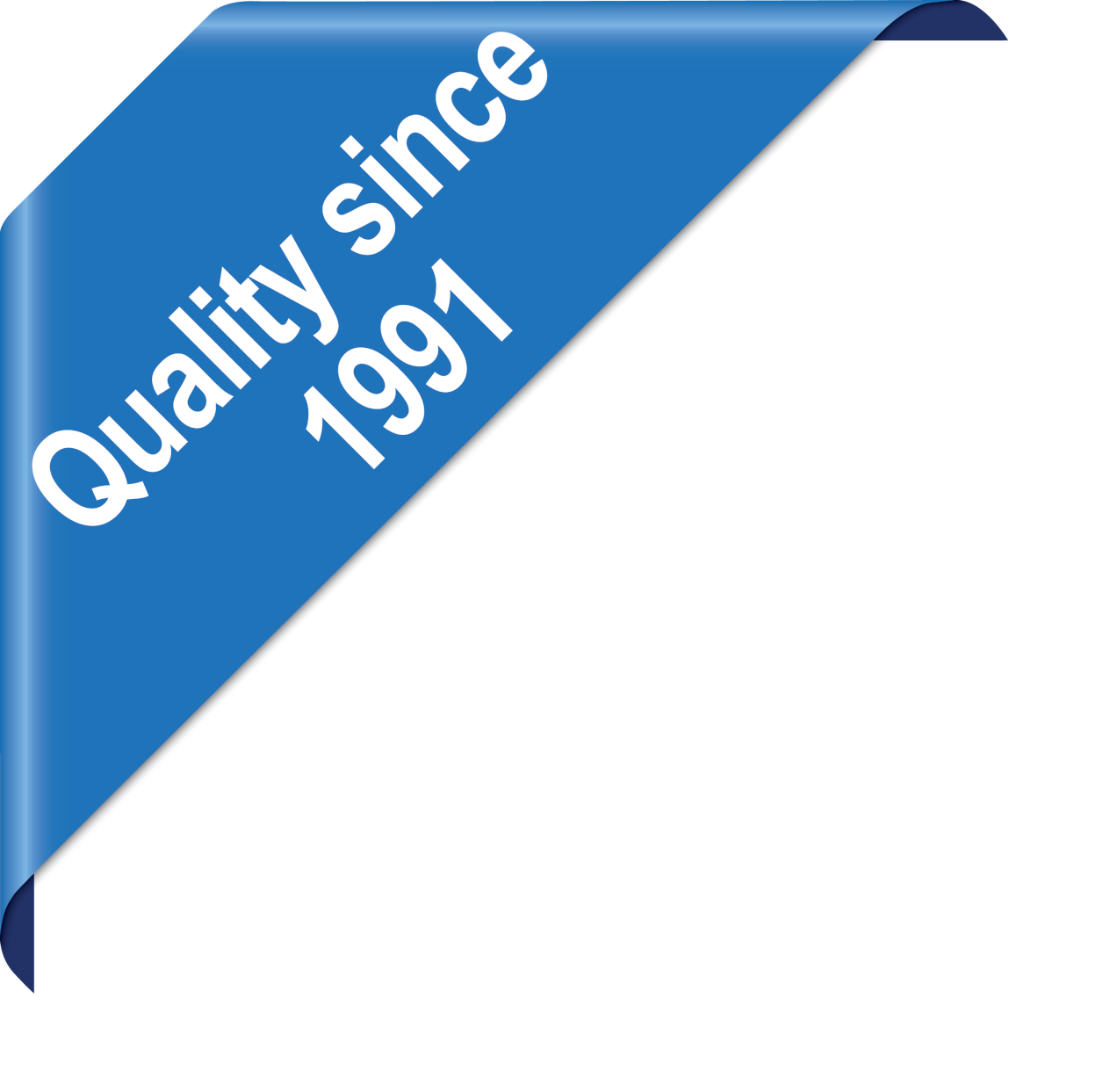

High income without a university degree thanks to the dual education system
According to a new study, it is possible to earn a high income in Switzerland even without a university degree. This means that children from educationally disadvantaged families have a chance of financial advancement, even if they ‘only’ complete a university of applied sciences programme after obtaining a vocational baccalaureate (BMS) or other non-grammar school baccalaureate, or if they attend a higher technical college after completing an EFZ apprenticeship and possibly go on to further education later on.
However, the decisive factor for income level is not only whether one has the opportunity for further development through higher vocational education, universities of applied sciences and/or further training, but also the choice of specific profession. Basic training alone is therefore not usually sufficient for a high income, and certain professions are not suitable for income-increasing further development.
Start your BMS preparation now!
Table of contents
- New study on poverty risk in a generational comparison
- Advantages of the dual education system: high income
- What constitutes advanced vocational education?
- What is a university of applied sciences?
- What further training opportunities are available?
New study on poverty risk in a generational comparison
A study by the Institute for Swiss Economic Policy (IWP) at the University of Lucerne has found that, unlike educational attainment, the risk of poverty is not passed down through generations in Switzerland. This means that even if parents and grandparents are poor and have little education, their children and grandchildren can still earn a high income, even if they do not graduate from university, ETH or a teacher training college.
The findings of the new IWP study confirm the findings of another recent study, according to which family background accounts for only about 17 per cent of income differences in the Swiss population.
Advantages of the dual education system: high income
One of the authors of the study on poverty risk across generations, Dr Melanie Häner-Müller, explained the study's findings to the Tagesanzeiger newspaper, saying that the Swiss population owes its opportunity to earn a high income regardless of family background to the dual education system. This is because in Switzerland it is possible to earn a high income even without a university degree, as it is possible to advance one's career without studying at a university, ETH or teacher training college.
However, Daniel Lampart, chief economist of the Swiss Trade Union Federation (SGB), qualifies this by saying that such career development opportunities are not available in all professions. For example, an apprenticeship as a baker offers few opportunities for career development, whereas a commercial apprenticeship does offer career development opportunities.
There are many paths open for further development after completing a vocational training programme and/or obtaining a vocational baccalaureate diploma. In addition to higher vocational training or attending a university of applied sciences, it is also possible to advance your career through further training in Switzerland.
Education researcher Dr Melanie Häner-Müller from the IWP says, for example, that with a higher technical college degree, you can earn over 8,000 Swiss francs a month at an early stage. She also says that the return on education is slightly higher for those who study at a university of applied sciences than for those who study at a university. The return on education refers to the additional percentage of income you earn by participating in further education.
A higher education degree from a university, ETH or teacher training college is therefore not necessarily required to earn a high income in Switzerland. A degree from a higher technical college, for example, or a course at a university of applied sciences and/or further training can also lead to a high income. However, you do not have to go to grammar school to achieve this; a degree from a vocational baccalaureate school (BMS), for example, is sufficient as a prerequisite for professional development, and in some cases even a federal certificate of proficiency (EFZ) and professional experience are sufficient.
What constitutes advanced vocational education?
One of the opportunities for further development in the profession mentioned above is higher vocational education, which is part of the tertiary level of the Swiss education system. The tertiary level follows the so-called secondary level II, which includes vocational baccalaureate schools, specialised middle schools, commercial middle schools, IT middle schools and grammar schools, as well as training in EBA and EFZ professions.
In order to access higher vocational education, a Federal Certificate of Competence (EFZ) or equivalent qualification is required, as well as several years of professional experience.
Higher vocational education at the tertiary level can be obtained at higher technical colleges (HF) or through federal examinations (professional examinations, higher technical examinations).
There are around 400 different courses available at higher technical colleges. Depending on the college and course, this additional training lasts between two and four years. The duration also depends on whether you attend the HF part-time or full-time.
For those who wish to take the professional examination (BP) or the higher technical examination (HFP), courses are usually offered by professional associations, public or private schools, most of which can be attended on a part-time basis.
Higher vocational education provides qualifications that are required for demanding professional activities involving specialist or managerial responsibility. Those who take on managerial responsibility in particular can expect a high income.
What is a university of applied sciences?
Attending a university of applied sciences can also lead to a high income by obtaining a bachelor's degree and possibly even a master's degree. Universities of applied sciences also belong to the so-called tertiary level in the Swiss education system. In contrast to higher technical colleges, in order to attend a university of applied sciences, you usually need a vocational baccalaureate certificate in addition to the EFZ.
Start your BMS preparation course now!
If certain additional requirements are met, a specialised baccalaureate is sufficient for admission to a university of applied sciences. However, there are also other qualifications, such as a higher technical college degree or a professional examination or higher technical examination, which may be sufficient for admission to a university of applied sciences if certain additional requirements are met.
The same applies to universities of applied sciences as to other areas of education: not every degree programme leads to financial success. For guidance, it is helpful to have a specific career in mind before starting your studies and to research what salary you can expect in that career, whether there are job advertisements for that career and what the unemployment rate is in that career.
What further training opportunities are available?
After the tertiary level, there is also the so-called quaternary level in the Swiss education system, also known as the continuing education level. This is an even more advanced development opportunity for those wishing to achieve a high income.
Some courses from the secondary level are also included in this continuing education level. As part of these courses, you usually receive a course confirmation, and sometimes a school or industry-specific certificate.
However, the continuing education level refers in particular to courses from the tertiary level onwards, such as the so-called CAS continuing education courses at a university.
Depending on the type of school, the following qualifications can be obtained in courses at the quaternary level:
| Conducting the course | Diploma |
| Higher Technical College |
|
| University |
|
And you can also reach the continuing education level without attending grammar school in the basic education system.
Find out more about secondary school preparation here
Sources
- BMS | FMS preparation course (last accessed: 3.11.2025)
- New study: Social welfare is not a family's fate. (last accessed: 3.11.2025)
- The dual education system makes Switzerland a land of upward mobility. (last accessed: 3.11.2025)
- “Switzerland is a leader in income mobility,” says Melanie Häner-Müller. (last accessed: 3.11.2025)
- Higher vocational schools (HF) explained briefly (last accessed: 3.11.2025)
- Higher vocational education (last accessed: 3.11.2025)
- Admission to Universities of Applied Sciences (FH) (last accessed: 3.11.2025)
- Continuing education - courses, training programs (last accessed: 3.11.2025)
- Middle School Preparation Lern-Forum (last accessed: 3.11.2025)
Second-chance education, university: financially worthwhile?
Is a second education financially worthwhile, i.e. via adult grammar school graduation to university, in order to become a lawyer or doctor in your mid-30s?
Teaching artificial intelligence in schools?
Should artificial intelligence be taught in schools? So far, AI is not part of the curriculum. AI skills becoming increasingly important in education, careers.
New Vocational Baccalaureate Regulation 2026: key changes
New Vocational Baccalaureate Regulation 2026 come into force 1 March 2026. We outline the key changes here, including the Vocational Baccalaureate 2030 project.



